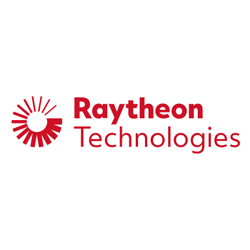Implementing a multiple open source database strategy in the cloud
- by 7wData

As application developers strive to become more agile and move to the cloud, they are increasingly opting for open source databases. And they’re realizing that no single database meets all their needs, so they are adopting a multi-database strategy. For example, they may need MongoDB as their basic data store because they have huge volumes of data coming in at high speeds. At the same time, they may handle transactions on PostgreSQL for Atomicity, Consistency, Isolation, Durability (ACID) compliance, use ElasticSearch for full-text search and add RabbitMQ to help with messaging between the data stores.
This open source, multi-database shift is great for rapid development of innovative applications. But it also presents serious challenges as businesses grapple with supporting new data technologies, move rapidly from experimentation to production and handle scaling challenges—all while reducing costs and managing risk.
Suppose you’re a developer who has just created a killer application using MongoDB. It was so successful that you’re running into serious scale problems in production. You not only need to scale without any problems or surprises, but you also need to enable enterprise deployment requirements that no one thought about during the development phase.
Similarly, if you’re the IT manager, how do you deploy your developers’ applications on MongoDB or other popular open source database technologies across your enterprise? You have a multitude of applications in the enterprise, often with many databases for each. Are you spending too much time enforcing enterprise requirements when what you really need is a simple, effective, drop-in solution for all of your production applications?
Leveraging cloud computing to deliver leading-edge open source databases helps minimize scaling and management headaches typically associated with on-premises deployments. Companies can easily stand up multiple database options depending on the specific business need, including popular alternatives such as Elasticsearch, etcd, MongoDB, PostgreSQL, RabbitMQ, Redis and RethinkDB. These offerings cover a wide range of application developer needs—including JavaScript Object Notation (JSON) data stores, key-value stores and object-relational databases.;
[Social9_Share class=”s9-widget-wrapper”]
Upcoming Events
Evolving Your Data Architecture for Trustworthy Generative AI
18 April 2024
5 PM CET – 6 PM CET
Read MoreShift Difficult Problems Left with Graph Analysis on Streaming Data
29 April 2024
12 PM ET – 1 PM ET
Read More




